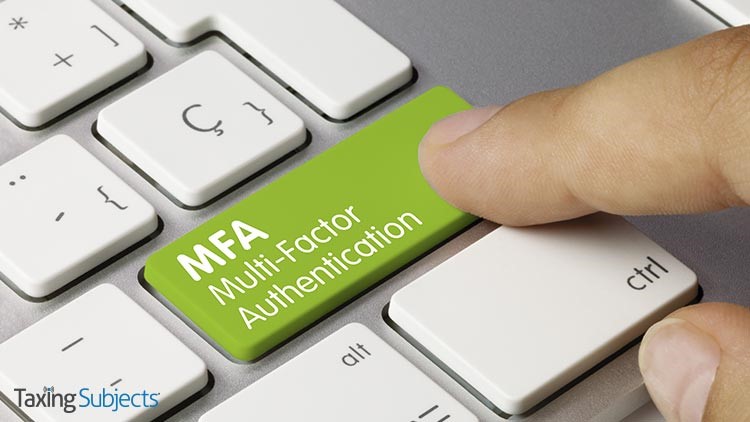Security Summit Says IP PINs Can Protect Taxpayer Information

Taxpayers who want to make it harder for identity thieves to successfully file a fraudulent tax return using their information will soon be able to sign up for an IP PIN. Starting in January 2021, the Internal Revenue Service says it will allow any taxpayer to sign up for the Identity Protection PIN Opt-In Program—provided they can “properly verify their identities.”
This announcement comes on the third day of National Tax Security Awareness Week, an educational outreach event designed to help taxpayers and tax professionals protect their private data from criminals. Previously, the only way to get an IP PIN was to participate in the pilot version of the Identity Protection PIN Opt-In Program or for the IRS to confirm you had been the victim of identity theft.
What is an IP PIN?
According to the IRS, an IP PIN “is a six-digit number assigned to eligible taxpayers to help prevent the misuse of their Social Security number on fraudulent federal income tax returns.” Once you register for an IP PIN, the IRS will only accept your tax return if it lists this new identification number—making it much harder for identity thieves commit identity theft tax refund fraud using your information.
How do I register for the Identity Protection PIN Opt-In Program?
To sign up for an IP PIN, use the Get An IP PIN tool located on IRS.gov. While this separate identification number can help taxpayers protect their identities, the IRS notes that applicants who use the online tool “must pass a rigorous authentication process … that uses Secure Access authentication.” (Learn more about Secure Access at IRS.gov/SecureAccess.)
The IRS says that taxpayers should review the following information before submitting an IP PIN application:
- The Get an IP PIN tool will be available in mid-January. This is the preferred method of obtaining an IP PIN and the only one that immediately reveals the PIN to the taxpayer.
- Taxpayers who want to voluntarily opt into the IP PIN program do not need to file a Form 14039, Identity Theft Affidavit.
- The IP PIN is valid for one year. Each January, the taxpayer must obtain a newly generated IP PIN.
- The IP PIN must be properly entered on electronic and paper tax returns to avoid rejections and delays.
- Taxpayers with either a Social Security number or Individual Tax Identification Number who can verify their identities are eligible for the opt-in program.
- Any primary taxpayer (listed first on the return), secondary taxpayer (listed second on the return) or dependent may obtain an IP PIN if they can pass the identity proofing requirements.
- The IRS plans to offer an opt out feature to the IP PIN program in 2022 if taxpayers find it is not right for them.
Luckily, there are options for IP PIN applicants who can’t complete the online identity verification process.
“Taxpayers with incomes of $72,000 or less and with access to a telephone should complete Form 15227 and mail or fax it to the IRS,” the IRS explains. “An IRS assistor will call the taxpayer to verify their identity with a series of questions. For additional security reasons, taxpayers who pass authentication will receive an IP PIN the following tax year.”
Note: While the program is being expanded to include voluntary IP PIN requests, confirmed victims of identity theft are still eligible to receive an IP PIN at no charge after filing Form 14039.
Source: IR-2020-267

